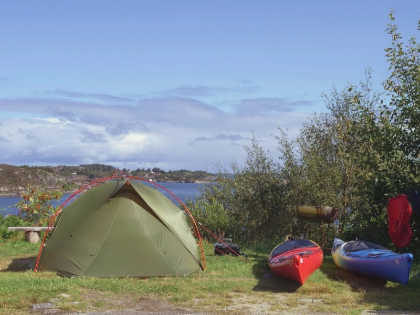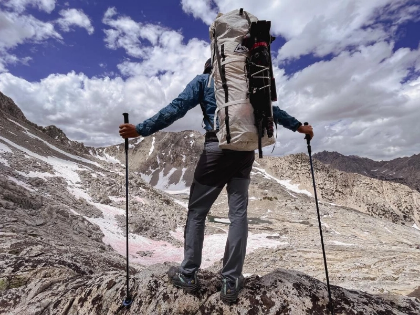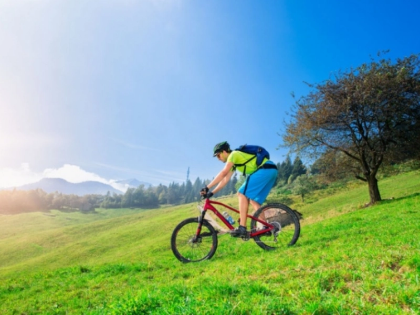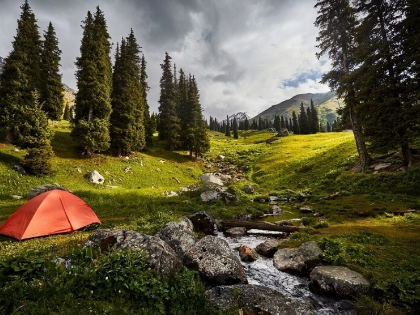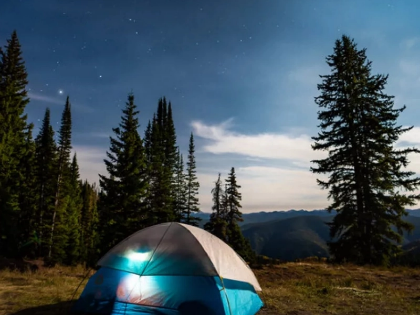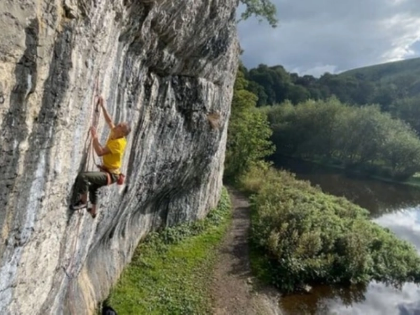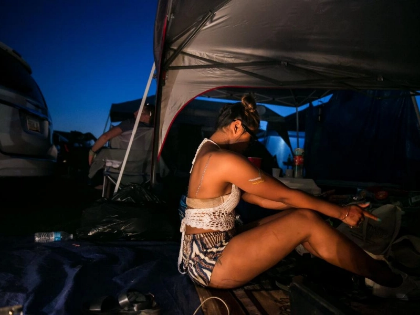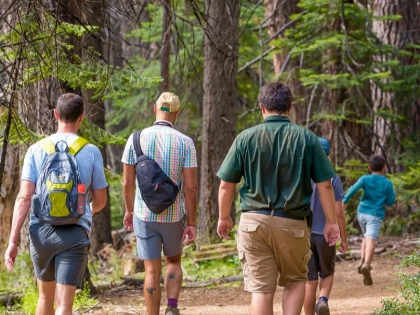Should I bring a backpack on a hike?
By distributing the weight of any equipment and supplies you may need to carry, a hiking backpack eases the strain on your back and shoulders. A high-quality backpack should fit snugly to prevent shifting while you walk.
Take into account the duration of your journey, the climate, and your personal equipment list (trail tools, photographic gear, etc.). You can choose a pack that matches your hip size and torso length with the assistance of a knowledgeable employee at a REI shop.
Dimensions
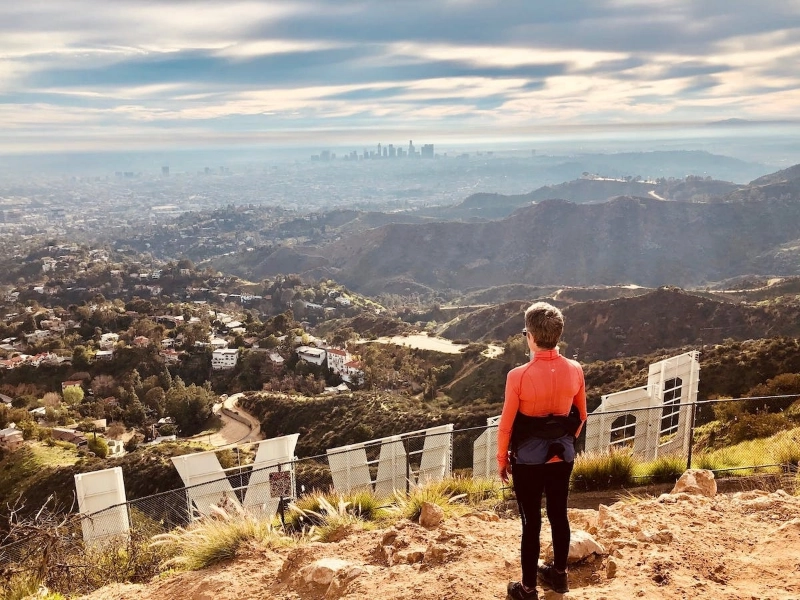
A backpack is a cloth bag with shoulder-length straps that is worn on the back. Hikers use them to carry equipment, and since they equally distribute the weight, they are preferable over handbags. Long-distance walking is also more comfortable with them than with shoulder backpacks.
The market is filled with a wide variety of backpacks, ranging from basic frameless packs to extremely specialized climbing packs. While some backpacks have reinforced crampon patches to safeguard the packbag when hiking on snow or ice, others are insulated and double as sleeping bags.
Determining the appropriate size is the most crucial step in the backpack selection process. The weight of the pack should be equally distributed across the shoulders and hips, and it should fit snugly and pleasantly. An overly large pack might strain the shoulders and back, leading to weariness and potential harm. Additionally, balancing might be challenging when climbing.
Mass
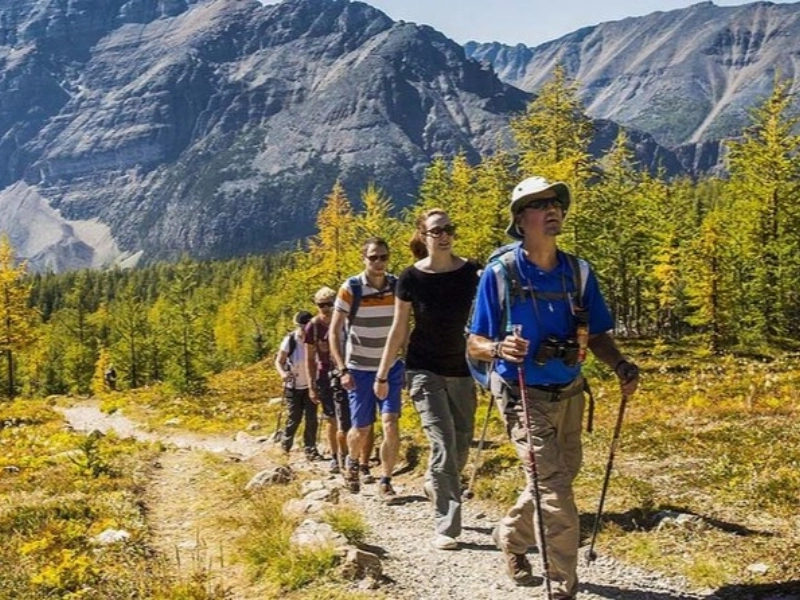
A backpack, also known as a knapsack, rucksack, bookbag, backsack, or sac, is a bag that is worn over the shoulders and fastened with straps. Backpacks made specifically for hiking are made to accommodate all of your gear, including food and clothing.
The weight of a backpack has an impact on hiking performance and comfort. Generally speaking, you should aim to keep the weight of your pack under 20% of your body weight. If you've never hiked before, this may be challenging, so start out slowly and increase your mileage gradually.
Weighing your equipment before each trek is a useful technique to monitor the weight of your bag. Expert hikers even simplify the procedure by keeping a spreadsheet. Staying comfortable also means purchasing a backpack that fits your hip circumference and torso length properly. A too-large backpack might put strain on your shoulders, core, and back. Furthermore, overpacking and discomfort might result from a pack that is too tiny.
Coziness
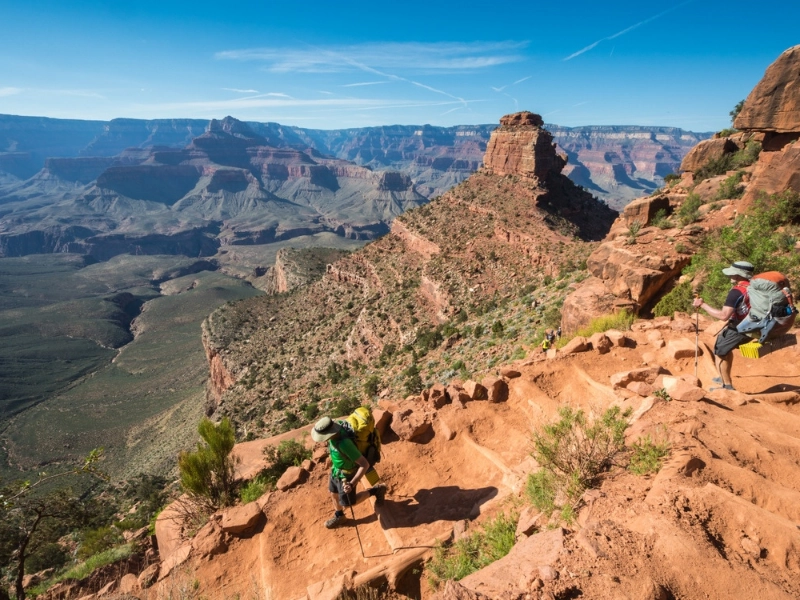
Since backpacks evenly distribute the weight across your shoulders and back, they are ideal for toting around a lot of things. They are also more practical to utilize because it's simpler to get to things without having to unpack everything.
Finding a backpack that is sturdy and cozy enough for extended excursions is crucial, though. Your pack shouldn't make you feel heavy or put undue strain on your body. To ensure that it can survive a lot of wear and tear, make sure it's composed of a durable material like treated nylon.
Internal frame backpacks fit closer to the wearer's back for increased comfort during hiking because of a wide cloth portion that surrounds an aluminum framework inside the packbag. However, these packs are typically bulkier than backpacks with an external frame. Furthermore, breathing becomes difficult with a tight fit, particularly on warm days.
Keepsake
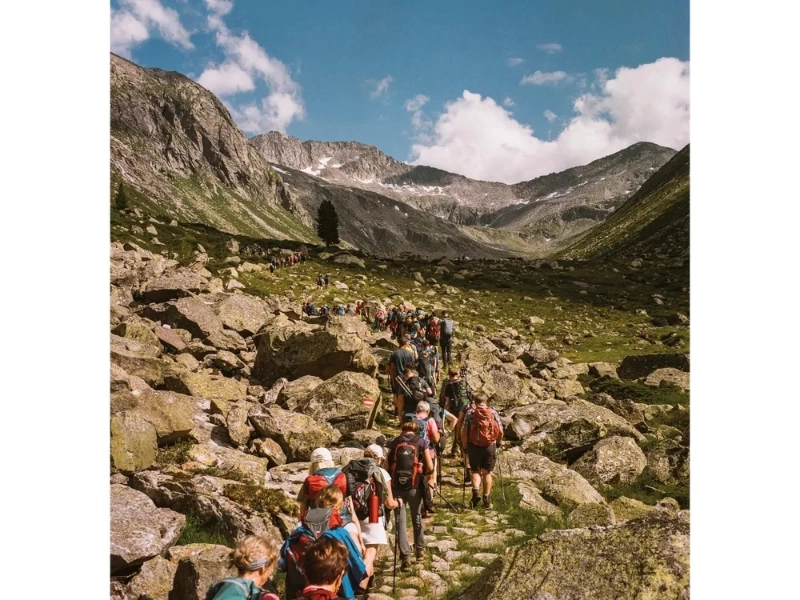
There should be lots of storage space in a backpack. You may lighten the weight of your pack and make it easier to carry by arranging your equipment into totes and storage drawers. Along with pegboards, hooks, shelves, baskets, and other organizational tools, totes and storage drawers can also be utilized independently.
Wipe down the outside and inside of your backpack to get rid of any perspiration, grime, or debris from your travels before storing it. This will prolong the life of your bag and help stop the growth of mold or mildew. Before storing your backpack, ensure it is completely dry because moisture can cause long-term damage and discomfort.
Certain backpacks have loops and elastic cinches to accommodate additional equipment, like a sleeping pad or trekking poles. Don't overdo it with these, although they can be really beneficial in lowering the weight of your backpack. When you're hiking, having too many things hanging out of your bag might appear untidy and cause obstructions.
